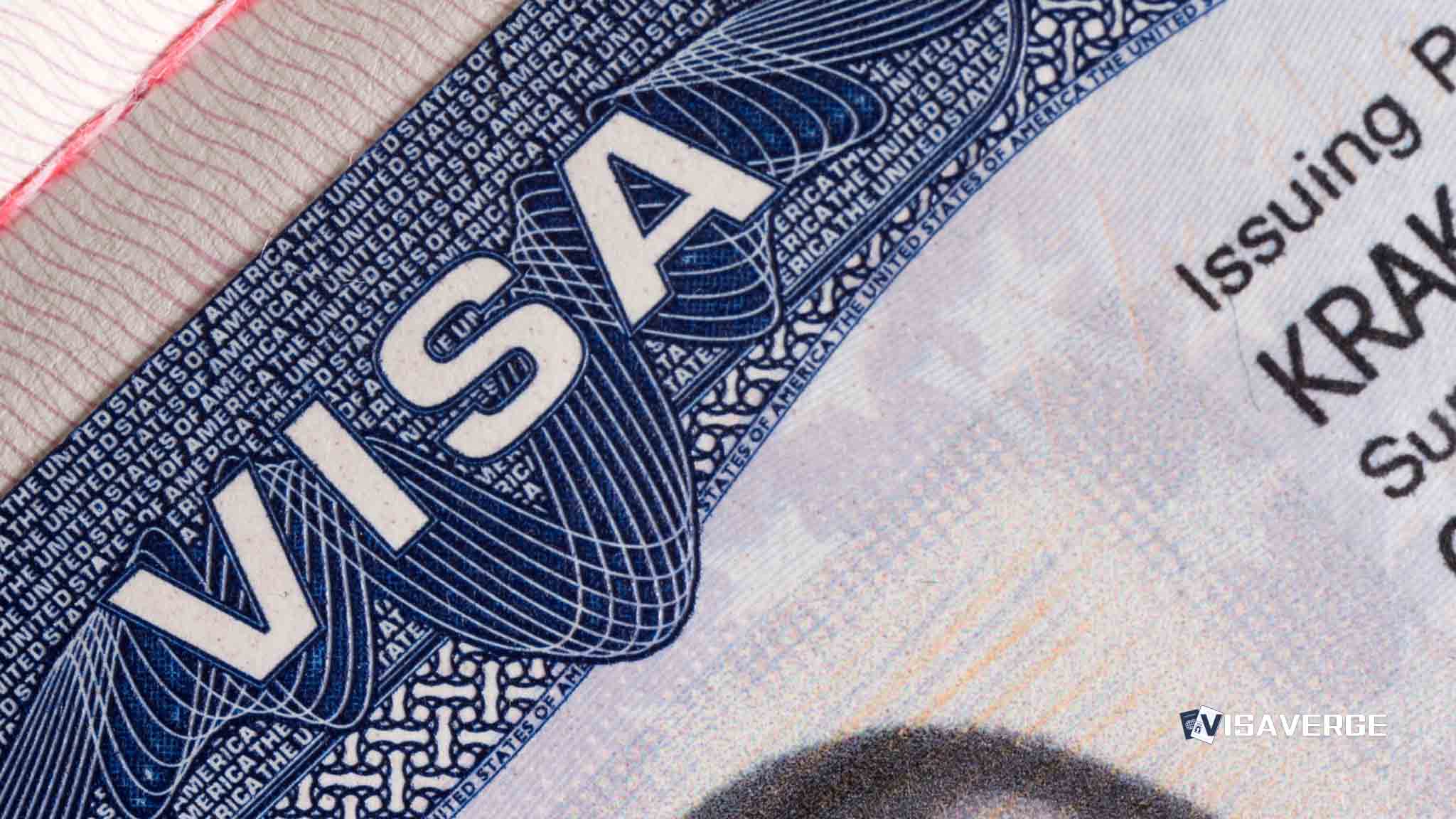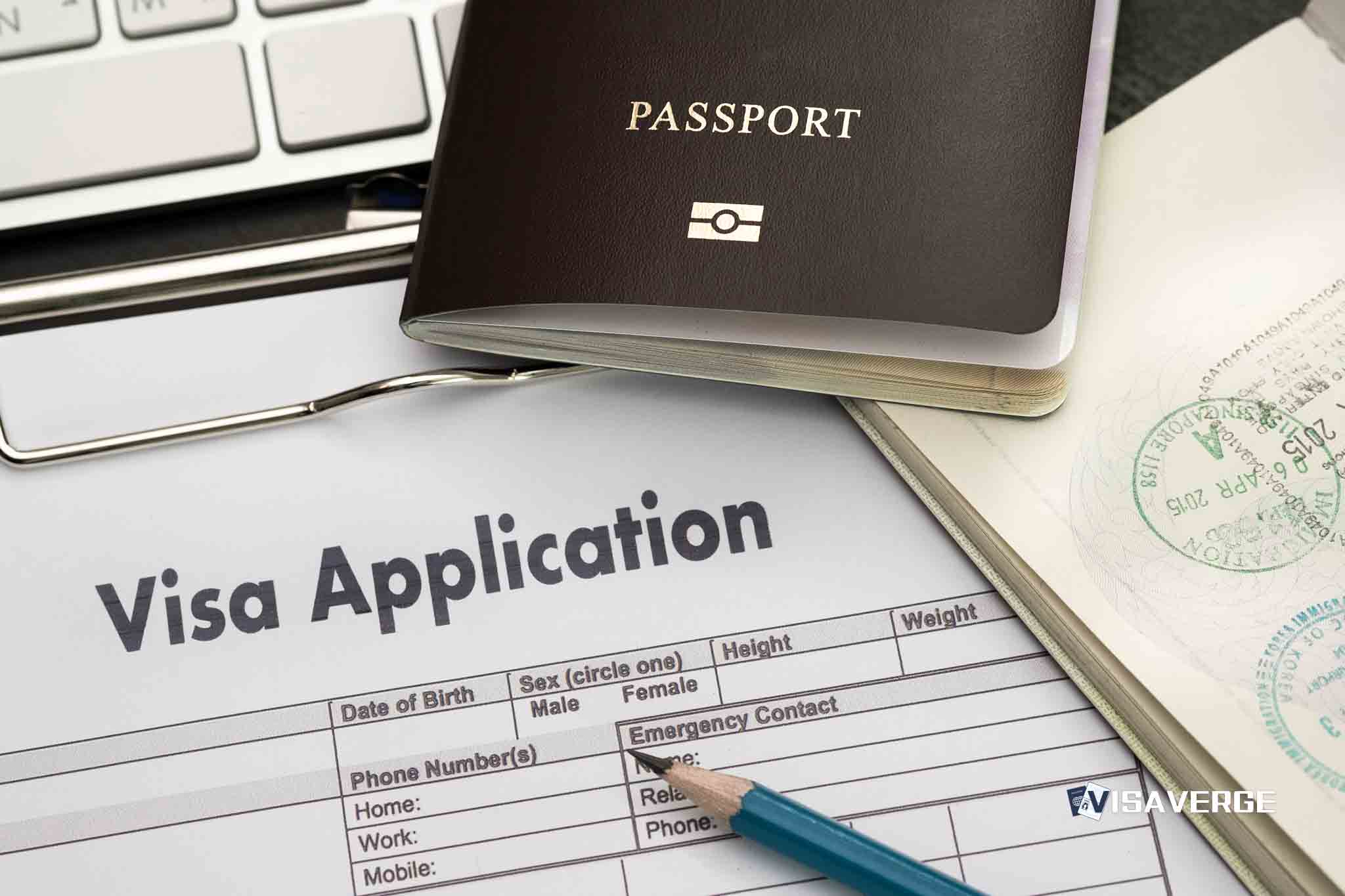Understanding the ‘Ability to Pay’ in the PERM Process
The ‘ability to pay’ is a critical requirement in the PERM process for immigration and securing employment in the United States. This requirement serves as evidence that a sponsoring employer is financially capable of paying the promised wage from the priority date until the employee receives permanent residency.
Why ‘Ability to Pay’ is Essential for Immigration Employment Requirements
The U.S. Department of Labor (DOL) sets specific immigration employment requirements to ensure that foreign workers are treated fairly and do not negatively impact the wages and working conditions of American workers. One of these requirements is the ‘ability to pay.’ Essentially, it assures the DOL that the foreign worker will receive the salary offered in the PERM labor certification application.
How Employers Demonstrate ‘Ability to Pay’
Employers must provide various financial documents as evidence of their ‘ability to pay.’ These could include:
- Annual reports
- Federal tax returns
- Financial statements
The U.S. Citizenship and Immigration Services (USCIS) scrutinizes these documents closely. If an employer’s documentation does not convincingly demonstrate the ‘ability to pay,’ the PERM application could be denied, delaying or jeopardizing the immigration process for both the employer and the prospective employee.
The Impact of ‘Ability to Pay’ on the Immigration Journey
The emphasis on an employer’s ‘ability to pay’ safeguards foreign workers. By ensuring the employer has sufficient financial health, the PERM process protects workers from taking jobs that might not provide the promised wages or could potentially lead to their exploitation. It also preserves the integrity of the labor market by preventing companies from offering jobs to foreign workers at salaries that undercut the local workforce.
Ensuring Compliance with PERM Regulations
It is crucial for sponsoring employers to be well-informed and prepared. They can access detailed guidelines from official sources such as the DOL’s PERM Overview Page and the USCIS Official Website. These resources provide comprehensive information on meeting the ‘ability to pay’ requirements and ensuring a smooth PERM process.
In Conclusion
The ‘ability to pay’ criteria play a foundational role in maintaining the integrity and fairness of the U.S. labor market during the PERM certification process. Being one of the essential immigration employment requirements, its relevance cannot be overstated.
By setting this bar, the DOL and USCIS aim to protect the economic interests of both American workers and foreign nationals seeking employment opportunities in the United States. For employers, proving the ‘ability to pay’ is a significant step toward a successful PERM application and a true commitment to potential employees. Foreign workers can find solace in the stringent regulations designed to safeguard their financial security.
Navigating the PERM process can be complex. Employers and employees alike should prioritize understanding these requirements to ensure a seamless and compliant immigration experience.
So there you have it, my tech-savvy friends! Understanding the ‘ability to pay’ in the PERM process is crucial for both employers and foreign workers. It’s like an immigration safety net, protecting wages and job opportunities. If you’re craving more fascinating immigration tidbits, head over to visaverge.com and dive into a world of knowledge!
FAQ’s to know:
FAQ 1: Why is the ‘Ability to Pay’ important in the PERM process?
Answer: The ‘Ability to Pay’ is a critical requirement in the PERM process as it serves as evidence that a sponsoring employer is financially capable of paying the promised wage to the foreign worker. This requirement ensures fair treatment of foreign workers and prevents the exploitation of employees by safeguarding their financial security.
FAQ 2: How do employers demonstrate their ‘Ability to Pay’ in the PERM process?
Answer: Employers must provide various financial documents as evidence of their ‘Ability to Pay.’ This can include annual reports, federal tax returns, and financial statements. These documents are closely scrutinized by the U.S. Citizenship and Immigration Services (USCIS) to determine if the employer’s financial health is sufficient to support the promised wages.
FAQ 3: Where can employers find guidelines for ensuring compliance with the ‘Ability to Pay’ requirements of the PERM process?
Answer: Employers can access detailed guidelines for meeting the ‘Ability to Pay’ requirements and ensuring a smooth PERM process from official sources such as the U.S. Department of Labor’s (DOL) PERM Overview Page and the USCIS Official Website. These resources provide comprehensive information to help employers navigate the process and demonstrate their financial capability.
What did you learn? Answer below to know:
-
True or False: The ‘ability to pay’ requirement in the PERM process ensures that foreign workers receive the salary offered in the PERM labor certification application.
-
What financial documents may employers provide as evidence of their ‘ability to pay’ in the PERM process?
a) Social security number
b) Medical records
c) Annual reports
d) Passport number -
What is the purpose of the ‘ability to pay’ requirement in the PERM process?
a) To protect American workers from foreign competition
b) To ensure employers can financially fulfill their promised wage to foreign workers
c) To expedite the immigration process for both employers and employees
d) To provide financial benefits to sponsoring employers














